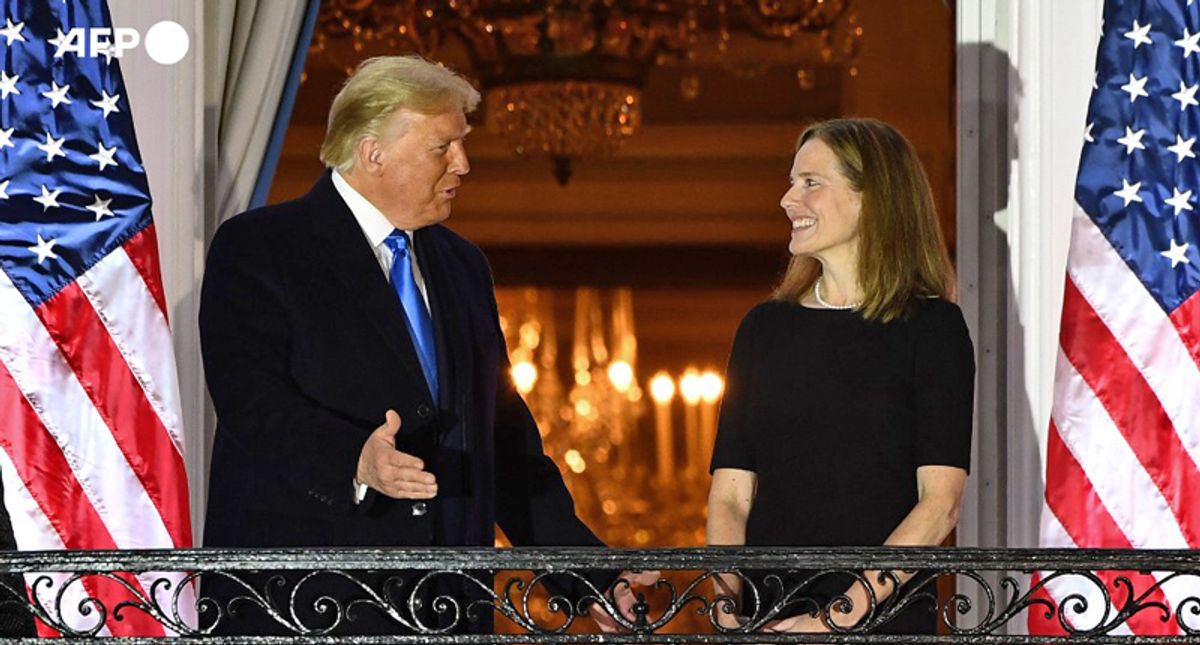
The United States Supreme Court is expected to weaken anti-discrimination laws in the United States after the court agreed to hear the case 303 Creative v. Elenis, Ian Millhiser wrote for Vox on Tuesday.
"In the past few years, the Supreme Court danced around the question of whether religious conservatives have a constitutional right to violate anti-discrimination laws — and specifically laws prohibiting discrimination against LGBTQ people," he wrote. "Now, it appears ready to come out and say that at least some businesses have a constitutional right to discriminate."
The case involves a website design company owned by Lorie Smith, who wants to provide wedding websites, but only to opposite-sex couples, without violating Colorado's anti-discrimination law.
"In the likely event that Smith prevails before this very conservative Court, 303 Creative could offer another narrow victory to religious conservatives. Or it could wind up dismantling what remains of a seminal 1990 precedent holding that religious individuals typically need to follow the same laws as everyone else. At the very least, 303 Creative could give people in creative professions a sweeping new right to discriminate," he wrote.
Millhiser explained how the case could rest on whether the justices view government as having a compelling interest in preventing discrimination.
"The Court has been signaling for a while, in other words, that it is likely to grant religious objectors a license to violate laws prohibiting anti-LGBTQ discrimination. At the very least, 303 Creative is likely to give Smith a license to do so, and it could very well give an expansive license to all business owners who claim that their religion requires them to discriminate against LGBTQ people," he explained.
Read the full analysis.
IN RECENT NEWS: Pelosi ridicules Trump after Supreme Court rejects his effort to hide Jan. 6 documents
Pelosi ridicules Trump after Supreme Court rejects his effort to hide Jan. 6 documentswww.youtube.com




